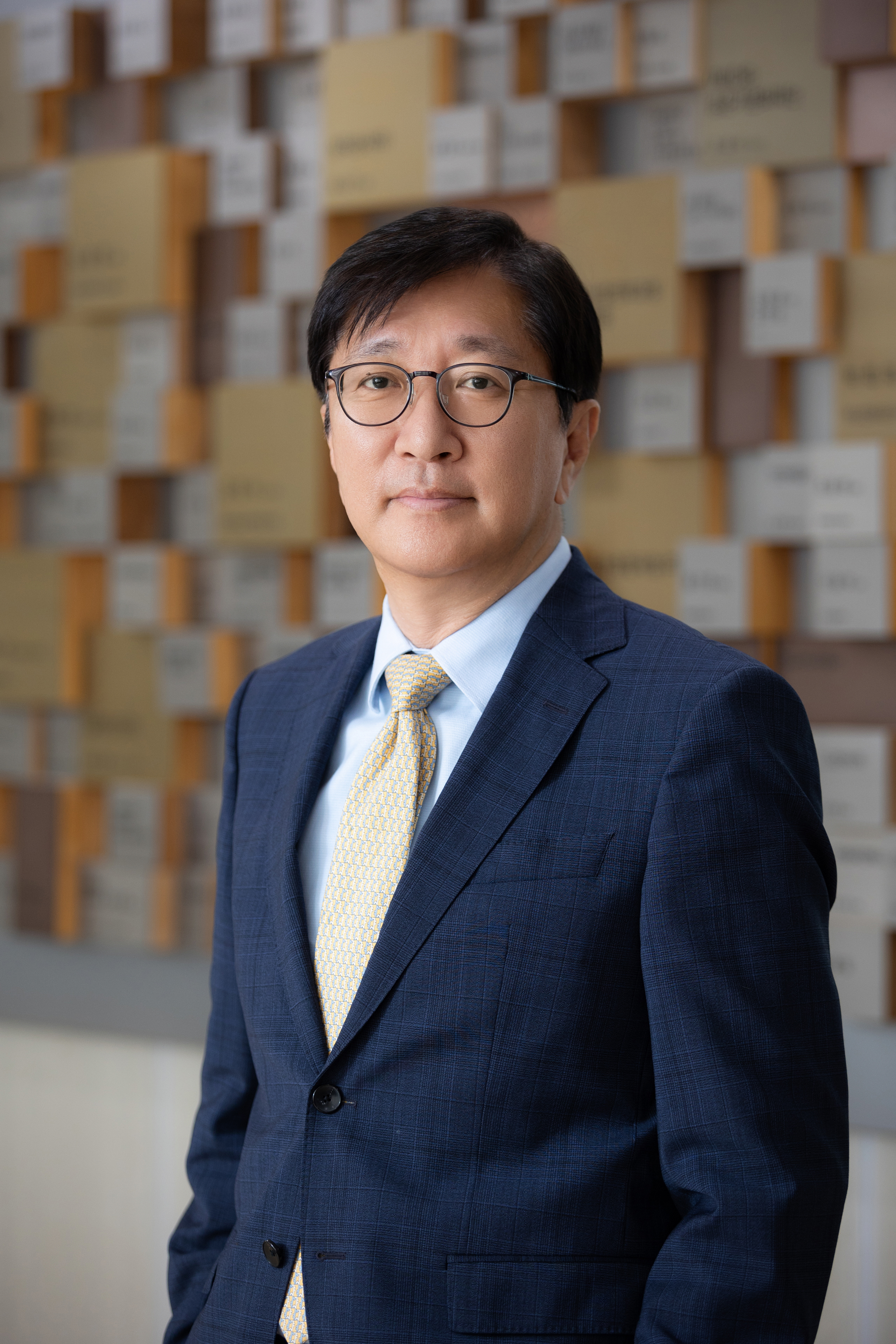- About
- Academics
-
Undergraduate Programs
- Civil and Environmental Engineering
- Architecture and Architectural Engineering
- Mechanical Engineering
- Industrial Engineering
- Energy Resources Engineering
- Nuclear Engineering
- Materials Science and Engineering
- Electrical and Computer Engineering
- Naval Architecture and Ocean Engineering
- Computer Science and Engineering
- Aerospace Engineering
- Chemical and Biological Engineering
-
Graduate Programs
- Civil and Environmental Engineering
- Architecture and Architectural Engineering
- Mechanical Engineering
- Industrial Engineering
- Energy Systems Engineering
- Materials Science and Engineering
- Electrical and Computer Engineering
- Naval Architecture and Ocean Engineering
- Computer Science and Engineering
- Chemical and Biological Engineering
- Aerospace Engineering
- Interdisciplinary Program in Technology, Management, Economics and Policy
- Interdisciplinary Program in Urban Design
- Interdisciplinary Program in Bioengineering
- Interdisciplinary Program in Artificial Intelligence
- Interdisciplinary Program in Intelligent Space and Aerospace Systems
- Chemical Convergence for Energy and Environment Major
- Multiscale Mechanics Design Major
- Hybrid Materials Major
- Double Major Program
- Open Programs
-
Undergraduate Programs
- Research
- Campus Life
- Communication
- Prospective Students
- International Office
News
[Korea JoongAng Daily] Engineering must counter extremism, find balance and solutions (A Column by Young-Oh Kim, Dean of Seoul National University College of Engineering)
-
Uploaded by
대외협력실
-
Upload Date
2025.01.10
-
Views
220
Engineering must counter extremism, find balance and solutions

▲ Young-Oh Kim, Dean of Seoul National University College of Engineering
Despite the political chaos stemming from martial law and the impeachment crisis, Korea continues to function, thanks largely to its citizens who steadfastly fulfill their roles. Among them are the industrial workers nationwide and the students engrossed in research within university laboratories — individuals who inspire hope for the future.
Reflecting on the economic prosperity and abundance we enjoy today, it is evident that the foundations were laid 60 years ago with initiatives like “industrialization” and “education-driven nation-building.” Many of Korea’s engineering schools stand at the intersection of these two pillars, producing leaders in shipbuilding, construction, automotive, nuclear energy, and semiconductors. During the economic growth of the past half-century, Korea faced various crises, yet engineers have consistently turned hope into tangible value. Engineering, after all, ceases to exist if it fails to create value.
At the core of the ideal engineer lies a spirit of innovation and challenge. Thomas Edison’s incandescent light bulb brought humanity into the era of light, and Elon Musk’s reusable rockets opened the door to potential human settlement on Mars. A 1965 cartoon titled “Scenes from the 21st Century” depicted portable TV phones, electric cars, solar-powered homes and even trips to the Moon — most of which have become reality 60 years later. This is why engineers and aspiring engineers must never lose their passion and drive, even amidst political turmoil.
One of humanity’s greatest challenges this century is achieving “green transformation,” represented by carbon neutrality. It is an urgent mission for the sake of future generations, requiring collective action. Advanced engineering fields such as carbon capture and storage, hydrogen production, renewable energy expansion, carbon-neutral mobility and net-zero cities must come together to tackle these issues. Korea is no exception. If the nation lags behind in decarbonization efforts, it risks not only wasting resources but also losing its grip on future markets.
Another pressing challenge is the “digital transformation,” spearheaded by artificial intelligence (AI). A 2022 McKinsey report predicted that AI could generate economic value worth $20 trillion annually by 2040. Similarly, AI applications in manufacturing, such as autonomous robotics, personalized production and smart factory operations, are projected to grow into a $2 billion market within three years.
Global AI tech companies have already made significant strides across industries such as aerospace, defense, robotics, semiconductors, pharmaceuticals and healthcare. In contrast, Korea’s industry lags, with only about 40 percent of companies adopting AI. While the to-do list grows, government support is sluggish, and political instability hampers progress.
Korea’s development has been driven by engineering and technology, but concerns over the future — exacerbated by political discord and a frenzy over medical school admissions — now weigh heavily on this crucial mission. Ironically, as technological advances lower barriers to information and increase convenience, conspiracy theories have proliferated. Skepticism around climate change, vaccine efficacy and the role of nuclear and renewable energy coexists with baseless allegations of election fraud and superstitious debates.
Historically, science and engineering have coexisted with non-scientific beliefs, but they have also dispelled flawed questions while presenting new, constructive ones. Peter Thiel, co-founder of PayPal and Palantir, recently remarked that “science always fights on two fronts.” It combats extreme dogmatism that enforces outdated norms while simultaneously countering radical skepticism that rejects rationality and progress — all while striving for balance within complexity.
Amid the turmoil and crises facing Korea today, the role of engineering is clear: to challenge extremism of all kinds, seek balance, and offer solutions. Independent of political upheaval, Korea’s engineers and industries must continue serving as a stabilizing force, earning recognition from the global community for anchoring the nation in times of uncertainty.